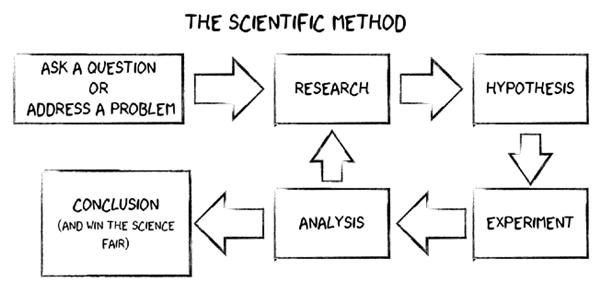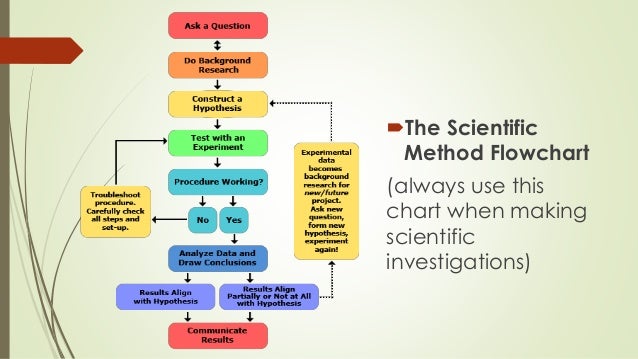To my mind, the Scientific Method is the Greatest Invention. The seed of all the rest.
It took thousands of years to work out. It is still not 'codified' in a widely accepted form, much less in a form intended for transmission across Calamity and/or subsequent Dark Ages.
Various supplemental assumptions (such as subject/object distinction) are at once assumed and challenged in modern science; tradiitional 'hard' sciences maintains the distinction, while (quantum) physics, social and neurological sciences challenge it. In either case, observation is fundamental, and often overlooked in formulations of SM.
So I pose the following questions for discussion:
- What elements are essential to the Scientific Method?
- What assumptions need to be made explicit? Is Occam's Razor one of these?
- Could or should it be combined with one or a few 'single sentence' type kickstarter(s)?
And if so, which one(s). - How best to express all of this for near term survivors? How about long term beginners? Same or different?
- Anything else I missed?
To my mind, a successful formulation comprises the heart ofThe Knowledge, the core framework upon which all else can be hung. It's form would be a model for all the rest. This is where I'd start.
Dave Z


